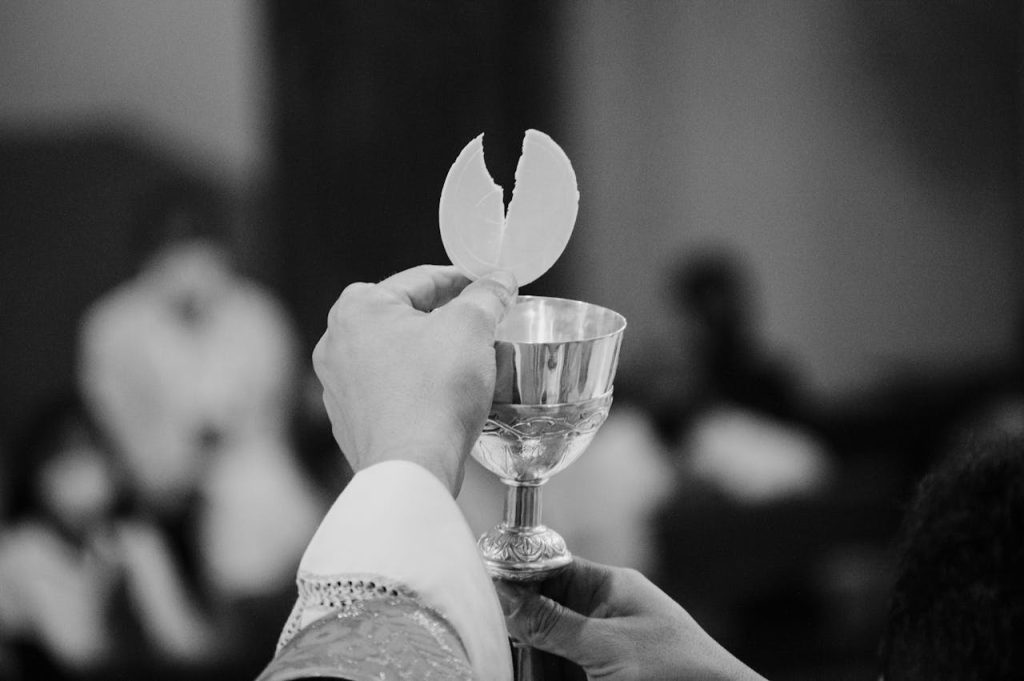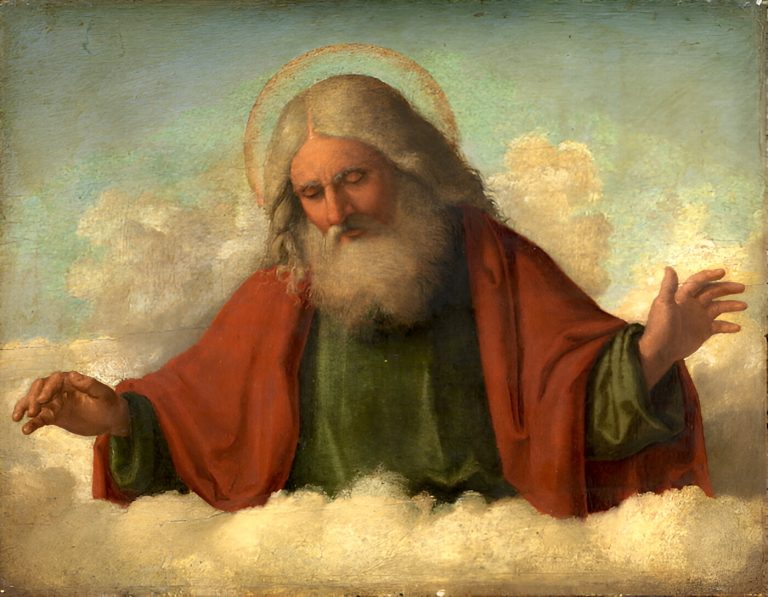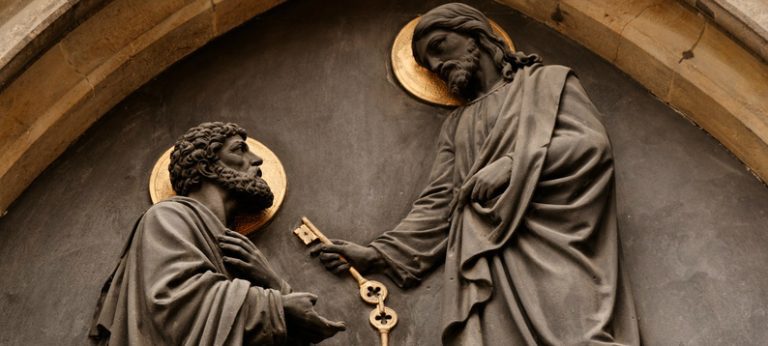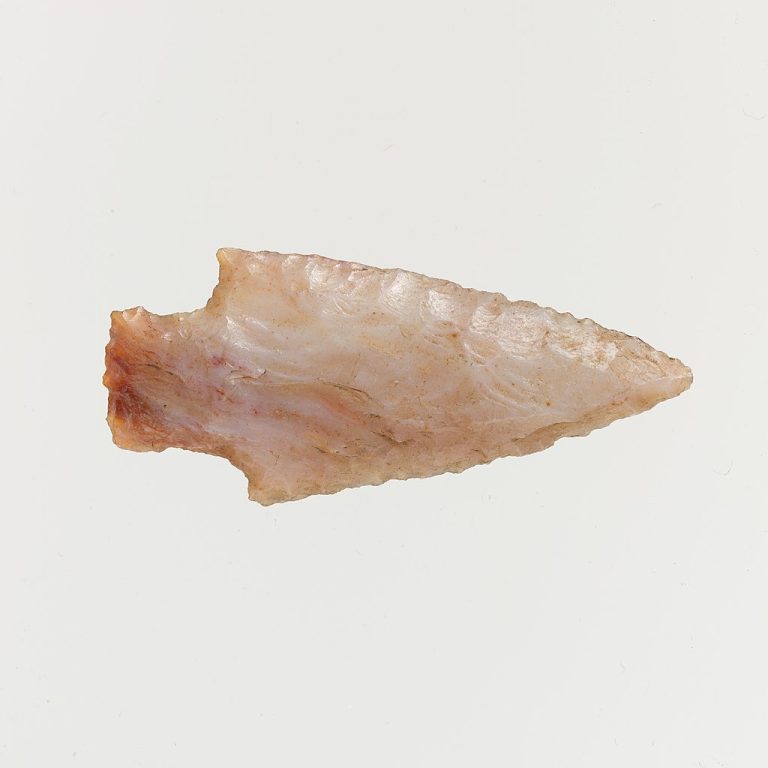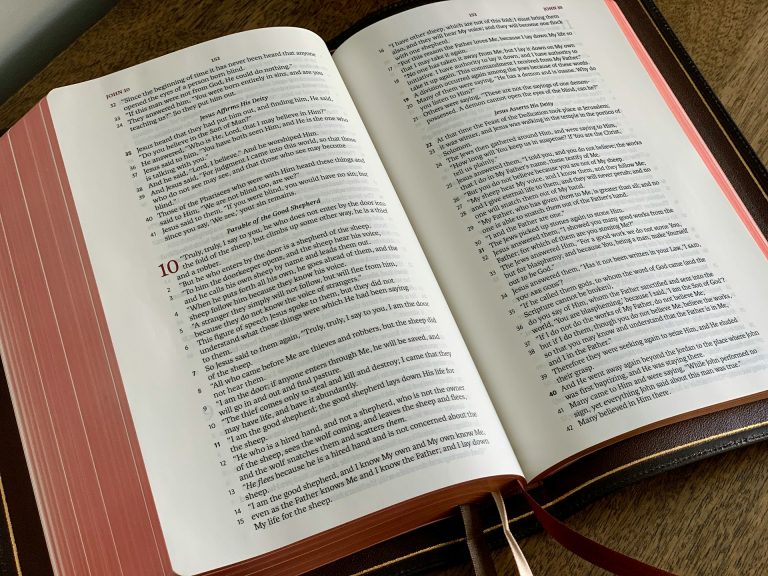Saint Paul’s missionary journey to Corinth was a significant step in the establishment of the early Catholic Church. Corinth, a city rich in cultural diversity and strategic importance, became a focal point for spreading the Gospel to both Jews and Gentiles.
Paul’s Arrival and Ministry in Corinth
Upon leaving Athens, Paul traveled to Corinth, where he met Aquila and Priscilla, Jewish Christians who had recently relocated from Italy due to an edict by Emperor Claudius expelling Jews from Rome. Sharing the same trade, Paul stayed and worked with them as tentmakers. Every Sabbath, he engaged in discussions at the synagogue, striving to persuade both Jews and Greeks about Jesus being the Messiah.
Challenges and a Shift in Focus
As Paul’s preaching gained momentum, opposition arose from some members of the Jewish community. In response, Paul declared, “Your blood be on your heads! I am clear of responsibility. From now on I will go to the Gentiles.” He then moved his ministry to the house of Titus Justus, a Gentile worshiper of God, located next to the synagogue.
Conversions and the Growth of the Church
Despite initial resistance, Paul’s efforts bore fruit. Crispus, the synagogue official, and his entire household came to believe in the Lord and were baptized. Many other Corinthians who heard Paul’s message also believed and received baptism, marking the establishment of a vibrant Christian community in the city.
Scriptural Fulfillment and the Spread of Salvation
The events in Corinth echoed the words of Psalm 98: “All the ends of the earth have seen the victory of our God.” :contentReference[oaicite:39]{index=39} Through Paul’s ministry, the message of salvation extended beyond the Jewish community, fulfilling the prophecy of God’s saving power reaching all nations.
The Eucharist: A Testament to Catholic Doctrine
In his First Letter to the Corinthians, Paul provides a profound insight into the Eucharist, underscoring its significance in Catholic worship. He writes, “The cup of blessing that we bless, is it not a participation in the blood of Christ? The bread that we break, is it not a participation in the body of Christ?” :contentReference[oaicite:47]{index=47} This passage affirms the belief in the real presence of Christ in the Eucharist, a cornerstone of Catholic doctrine.
Conclusion
Paul’s mission in Corinth exemplifies the early Church’s efforts to unify diverse populations under the teachings of Christ. His experiences highlight the challenges and triumphs of spreading the Gospel, laying a foundation for the growth of Catholicism throughout the world.

